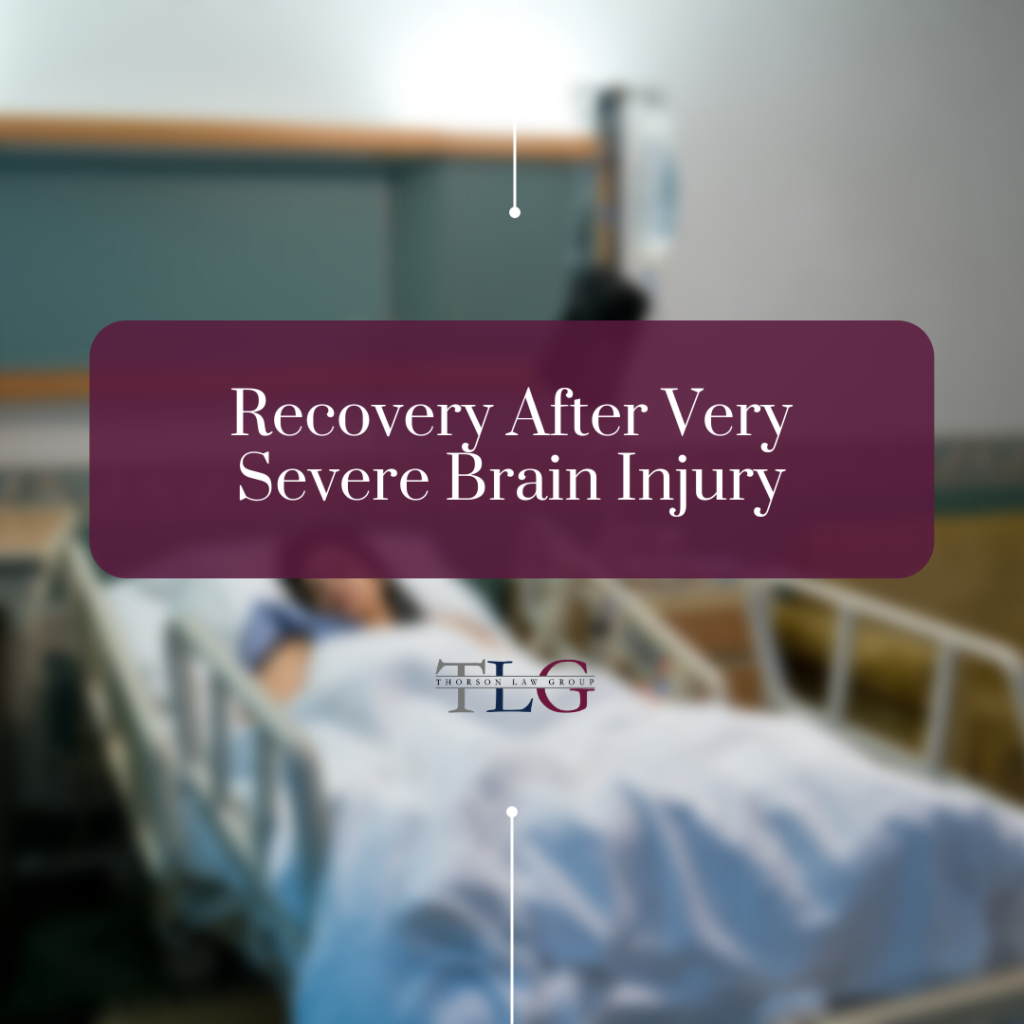Some people can emerge from a coma and gradually recover, reaching a higher level of consciousness with mild impairments. Others may have a more extended period of a minimally conscious state before recovering, resulting in long-term impairments. There are also cases in which people remain in a vegetative state for an extended period of time and develop permanent conditions.
Depending on the stage and how the process of recovery develops, different types of care are available. For example, people in a vegetative state are most likely to be taken care of in an acute care hospital in which the focus is to save his/her life and stabilize him/her medically. After that, the next priority is to help them recover their functions to whatever level is possible. For this, a high-intensity rehabilitation services program is needed (physical therapy, occupational therapy, speech therapy, neuropsychological services, etc.).
People discharged from an acute rehabilitation program can then be moved to skilled nursing facilities, sub-acute rehabilitation programs, or even at their own houses with the help of professional training therapists that execute programs at home. Many people opt for the latter because of the value of staying together as a family after a traumatic incident. Here are some things to consider when setting care for your loved one:
- The staff gives you confidence, and they are accessible to talk to when you want to express your concerns or have questions
- The program and staff have proven experience working with the problems your loved one has
- The staff is informed about the specific information needed to properly take care of your loved one and meet all care needs. Always make sure to go over the nursing plan of care
- The program considers case management in order to assist the planning stage for the next level of service, including transitions to rehabilitation programs, another facility, or home.
- The program includes education and training for caregivers
- The program includes clear ways of measuring progress.
If one of your family members has gone through a traumatic brain injury due to someone else’s negligence and it’s currently undergoing a difficult and expensive recovery, you can seek compensation. Contact us to receive legal help!
